Ms And Lyme Disease
Ms and lyme disease. My theory then and now is that if you were bitten by a Lyme-Disease-carrying deer tick the size of a poppyseed didnt know it untreated it would. Both MS and Lyme vary by geographical location so geography is a critical piece. What I think is important is that this suggests that the relationship between MS and Lyme should be studied more closely.
The result suggests that multiple sclerosis may be. When it does it is known as neurologic Lyme disease. Lyme disease can cause delayed neurologic symptoms similar to those seen in multiple sclerosis MS such as weakness blurred vision caused by optic neuritis dysesthesias sensations of itching burning stabbing pain or pins and needles confusion and cognitive dysfunction and fatigue.
MS and Spirochetes In every Lyme disease support group in this country and I have visited dozens there have always been at least one multiple sclerosis MS patient who turned out to have Lyme disease and was recovering on antibiotics. In addition findings from a spinal tap can be similar in MS and Lyme diseases as cerebrospinal fluid samples can be positive for a type of protein called an oligoclonal band. Lyme disease as an infection can act to trigger MS attacks.
Lyme disease can masquerade as MS ALS even dementia and its numbers are growing. Sometimes people who think they may have Lyme disease find out they have MS an immune-mediated central nervous system disorder. And unfortunately MS treatment typically involves immunosuppressionexactly what you dont want with a bacterial infection like Lyme disease.
Dizziness fatigue numbness or tingling spasms weakness walking difficulties vision problems. In fact according to MyLymeData 14 of chronic Lyme patients in the study said they had initially been misdiagnosed with MS. Lyme disease can be confused with MS because an MRI of the brain of a person infected with Lyme disease may have some similar findings to the brain MRI of a person with MS.
Much greater subgroup analysis could be done. Weakness and numbness Blurred vision Aches and pain Brain fog and confusion Inflammation of the brain and spinal cord Women are three times more likely to get MS. Ten out 26 patients with multiple sclerosis 385 showed positive serologic reaction to Borrelia whereas among the total number of examined neurological patients the frequency of positive findings was twice as low 194.
If a person has a diagnosis of MS but also has a Lyme Disease infection then the prescription of steroids or one of the immune modulating or immune suppressing drugs that are routinely prescribed in MS are perhaps not indicated because they may well help the Lyme Disease to gain the upper hand by suppressing the immune response to this infection. Worldwide MS prevalence parallels the distribution of the Lyme disease pathogen Borrelia B burgdorferi and in America and Europe the birth excesses of those individuals who later in life develop MS exactly mirror the seasonal distributions of Borrelia transmitting Ixodes ticks.
In about 15 percent of cases Lyme disease affects the central nervous system.
Here are some traits and symptoms that MS and Lyme disease have in common. Lyme disease can be found all over the United States but it is most common along the East Coast the Great Lakes and the Pacific Northwest. What I think is important is that this suggests that the relationship between MS and Lyme should be studied more closely. Here are some traits and symptoms that MS and Lyme disease have in common. But if this is true why is there is no documented connection between spirochetes and MS. Lyme disease can masquerade as MS ALS even dementia and its numbers are growing. Julia Marshall-Wessendorf 37 was facing life in a wheelchair after being mistakenly diagnosed with MS a condition which attacks the central nervous system. Ten out 26 patients with multiple sclerosis 385 showed positive serologic reaction to Borrelia whereas among the total number of examined neurological patients the frequency of positive findings was twice as low 194. Both MS and Lyme vary by geographical location so geography is a critical piece.
In Massachusetts deer ticks are most often found in the coastal areas the islands and the Connecticut River Valley in the western part of the state. These are preliminary broad scale results. Lyme disease can be found all over the United States but it is most common along the East Coast the Great Lakes and the Pacific Northwest. MS is a chronic generally progressive lifelong condition that can range mild to severe whereas Lyme disease can be treated and usually cured. Part of the confusion is that there is no single diagnostic test for MS. In fact according to MyLymeData 14 of chronic Lyme patients in the study said they had initially been misdiagnosed with MS. Worldwide MS prevalence parallels the distribution of the Lyme disease pathogen Borrelia B burgdorferi and in America and Europe the birth excesses of those individuals who later in life develop MS exactly mirror the seasonal distributions of Borrelia transmitting Ixodes ticks.

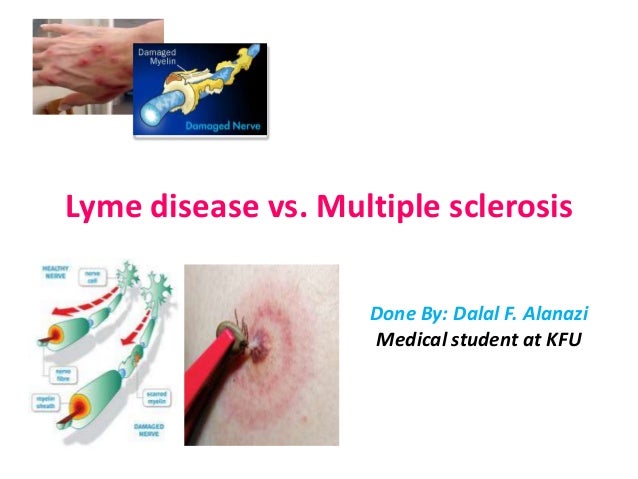
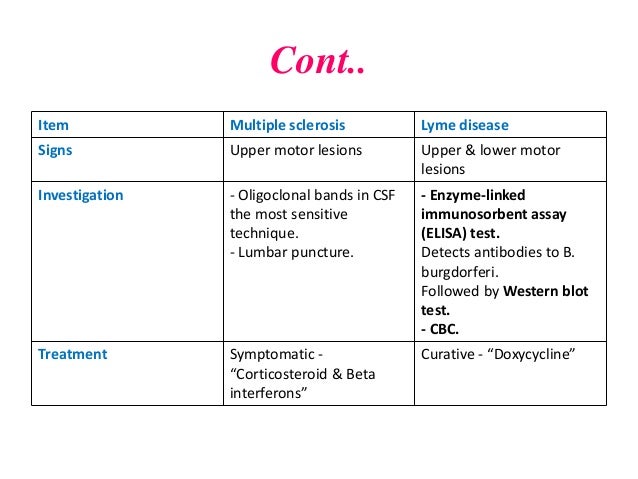
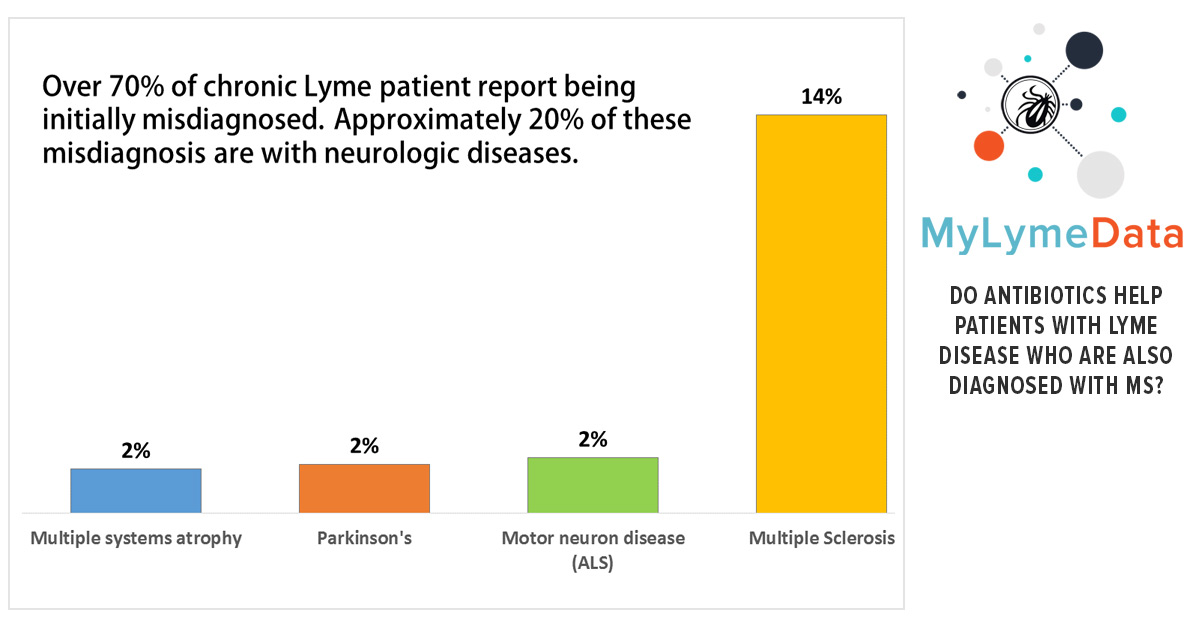
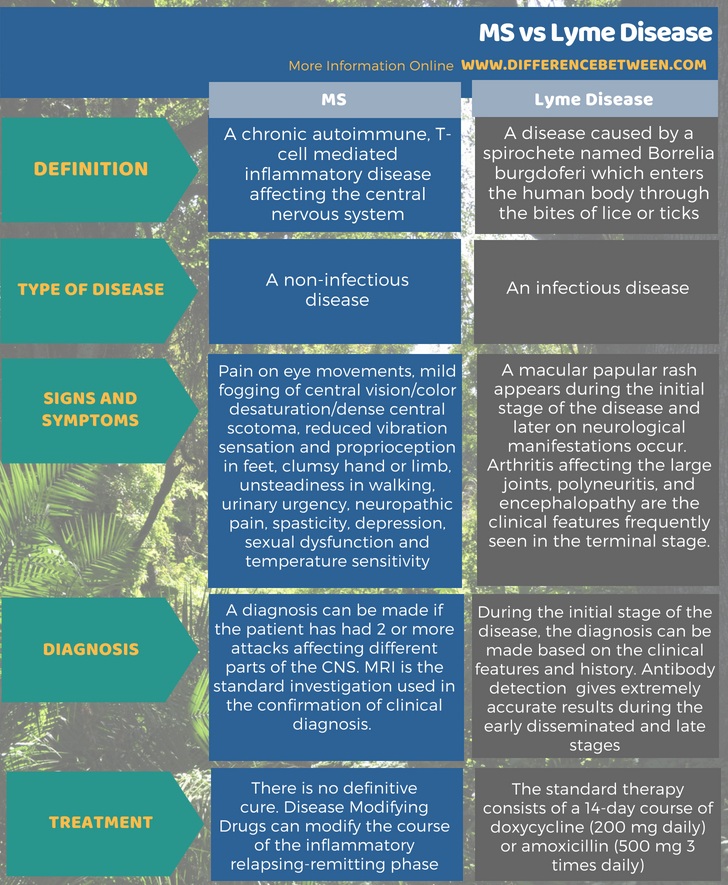











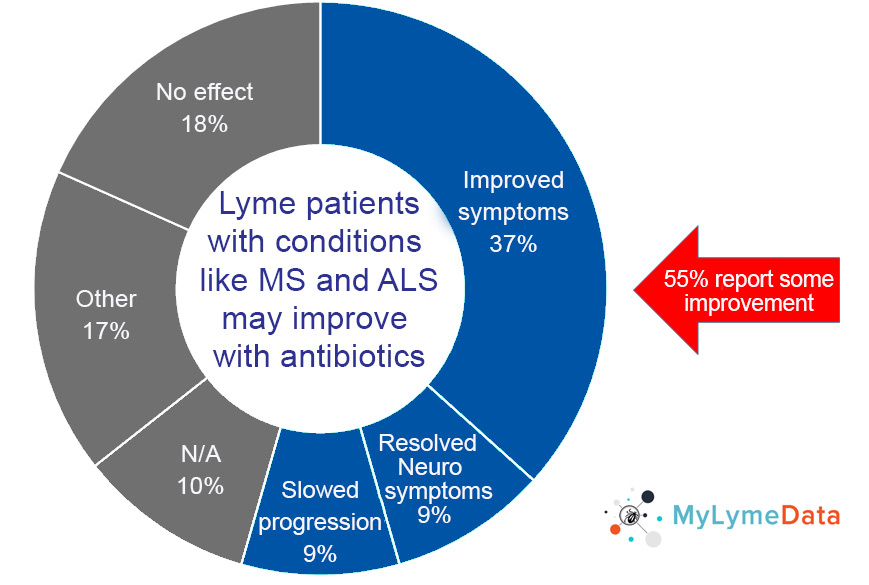


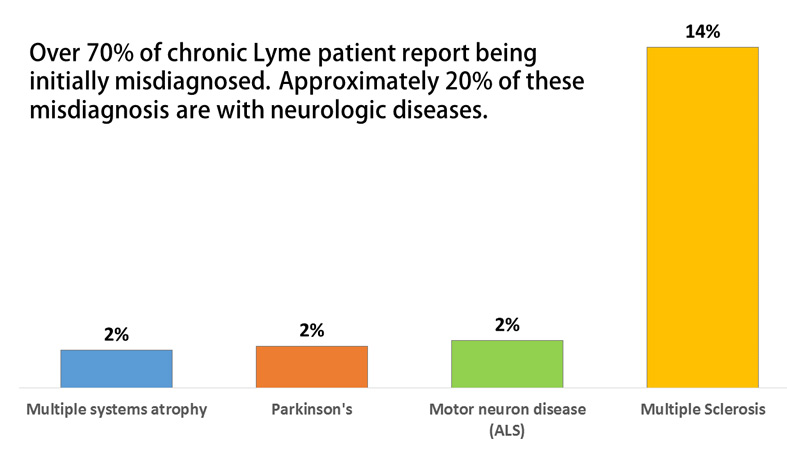



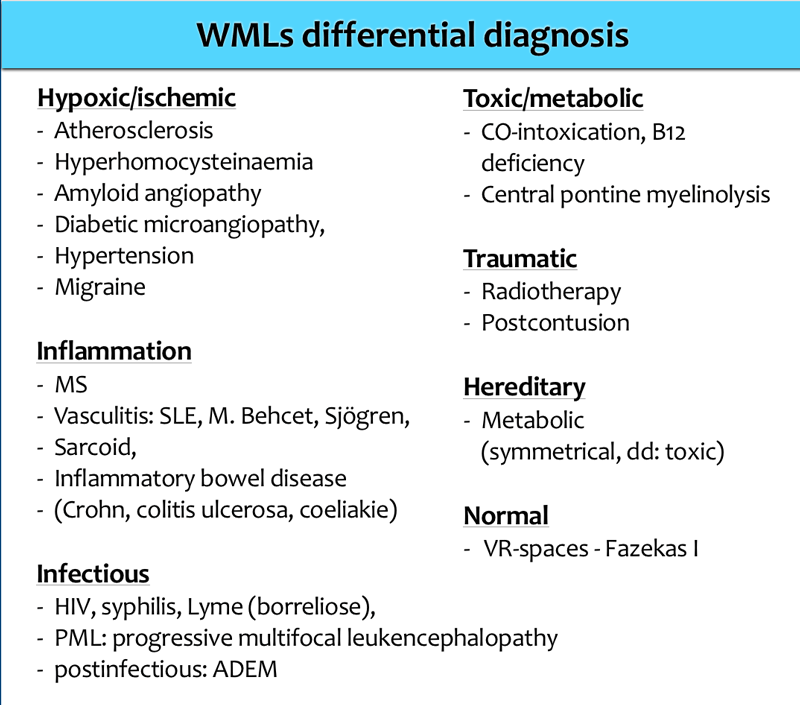




















Post a Comment for "Ms And Lyme Disease"